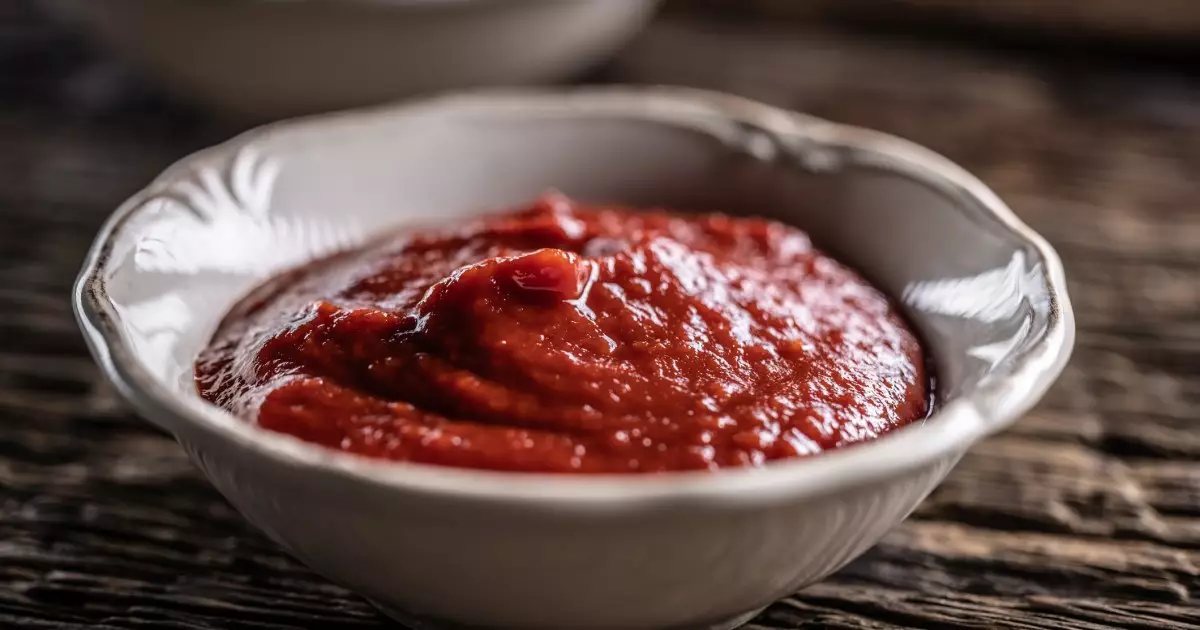Ketchup is a ubiquitous condiment, gracing the tables of fast-food joints and family barbecues alike. While many of us may love the tangy taste of ketchup, it’s essential to consider the ramifications of sharing this condiment with our canine companions. Despite the fact that a lick from a sugary bottle might seem harmless, the truth is, sharing ketchup with dogs is more perilous than one might assume.
The Ingredient List: What’s Really Behind the Bottle?
At the core of most ketchup recipes is the ripe tomato, a fruit that, when free from its leaves and stems, is non-toxic to dogs and can even be enjoyed in moderation. However, it’s the secondary ingredients that can raise red flags. Commercially produced ketchup typically includes spices such as garlic and onion powder, both of which are hazardous to dogs. These ingredients are notorious for their detrimental effects on canine health, particularly concerning red blood cell damage, which can lead to anemia.
One might argue that a small taste should pose no threat; however, why risk your dog’s well-being for a passing moment of culinary camaraderie? Many conscientious dog owners often forget that their pets have different dietary needs and tolerances than humans.
Monitoring Risks: Identifying Symptoms of Overindulgence
For those dog owners unable to resist catering to their pet’s whims, caution is advised. Even if your dog successfully sneaks a few licks of ketchup without immediate consequences, it’s crucial to stay vigilant. Symptoms such as lethargy, decreased appetite, or unusual urine coloration can signal that something’s awry. Should a significant amount of ketchup be consumed, it would be prudent to consult your veterinarian rather than wait for symptoms to manifest.
The challenge lies in the convenience factor; many pet owners may inadvertently condone unhealthy eating habits, setting a precedent that can lead to more serious health issues down the road.
Healthy Alternatives: Making Smart Choices
If you’re keen on treating your dog to something special, consider flavorful, dog-safe alternatives. Homemade sauces made from dog-friendly ingredients can be a delightful and nutritious option. For example, a blend of pureed pumpkin or pureed carrots can bring excitement to your dog’s diet without the risks associated with commercial ketchups.
In an age where pet health is increasingly prioritized, it’s vital to be discerning about what we share with our furry friends. Engaging them in mealtime excitement doesn’t have to come at an expense to their health; insightful choices pave the way for long, happy lives filled with tail wags and joy.
So next time you reach for that bottle of ketchup, remember: your dog doesn’t care about that flavor explosion you’re enjoying. What they truly cherish is the bond you create through mindful choices and healthy treats.

